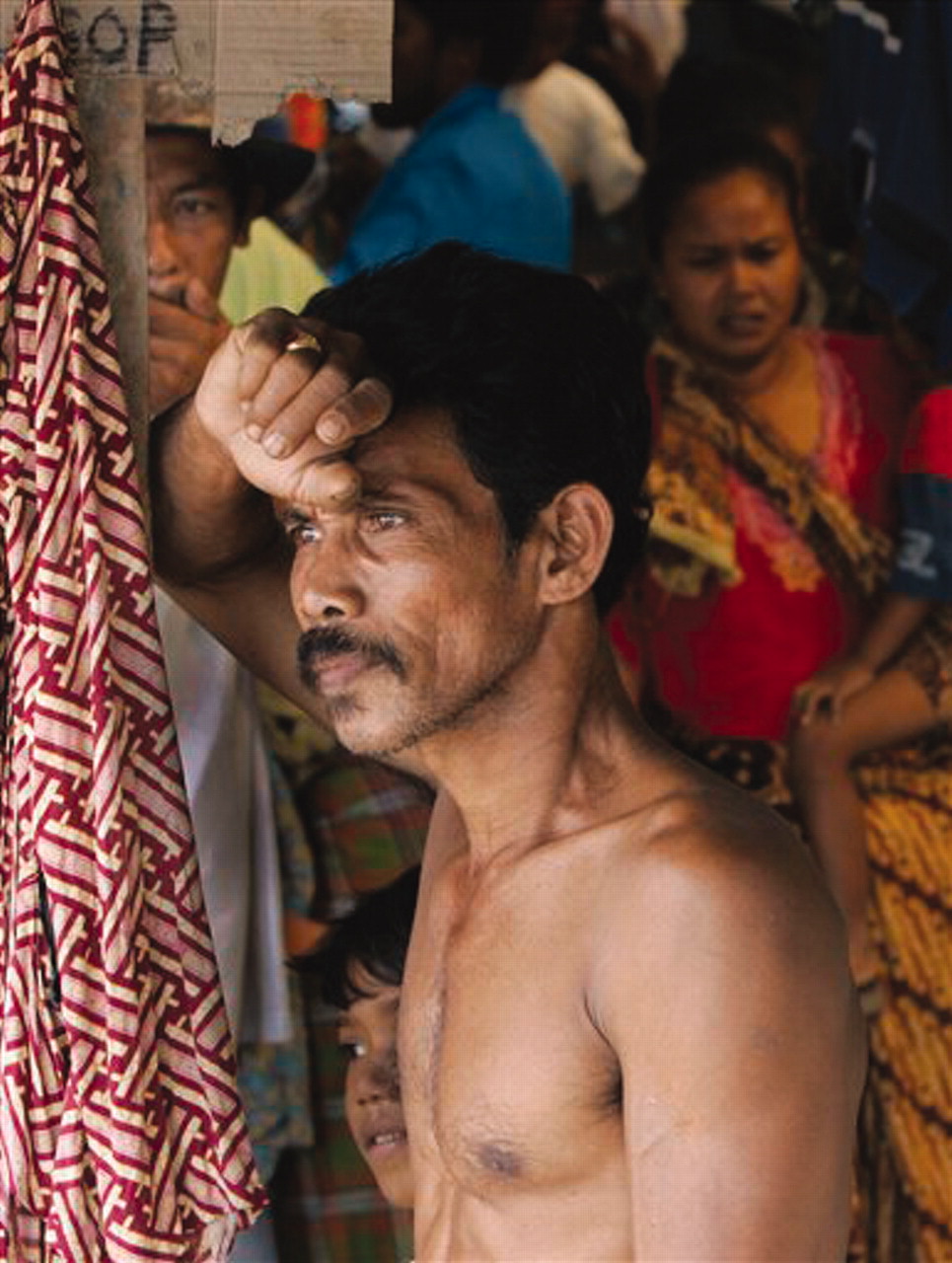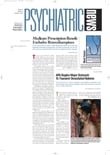The mental and emotional impact of the Indian Ocean tsunami in late December that claimed more than 150,000 lives will be felt for years to come.
APA's Committee on Psychiatric Dimensions of Disasters is coordinating APA's response internationally and domestically.
Committee Chair Anthony Ng, M.D., told Psychiatric News,“ APA will play a major role in providing disaster psychiatry resources and technical assistance to mental health groups and centers in the region.”
For example, a psychologists' training center in Malaysia has asked for materials on traumatic stress and other mental health aspects of disasters to use in training aid workers who are helping tsunami survivors in Indonesia and other countries in the region, Ng explained.
“In order to assess the psychological needs of tsunami survivors and families, we are collaborating with the World Psychiatric Association; the U.S. State Department, which has regional psychiatrists; U.S. embassies in South Asia; and local psychiatric societies,” Ng said.
The U.S. embassies in Sri Lanka and Thailand are trying to account for nearly 3,000 missing Americans presumed to be in these countries when the tsunami hit in late December.
APA is also in weekly communication with members in India and Sri Lanka who are providing trauma response training and consultation (see story on facing page).
APA has also encouraged its district branches to use their disaster committees to reach out to the South-Asian communities affected by the tsunami disaster. About 90 percent of the district branches have disaster committees, and the remainder have been encouraged to develop them.
APA's initial response was to issue a statement from President Michelle Riba, M.D., M.S., that expressed APA's deepest sympathy to “residents of countries hit by the catastrophe and to our members, colleagues, and friends who have lost loved ones. We also wish to convey empathy with those who are experiencing the effects of disrupted social supports and destruction and loss of property.”
Riba continued, “The grief associated with this disaster is universal and touches all our lives.”
A critical need in affected countries is to help survivors deal with their massive grief.
Ng commented, “In South Asian cultures, especially in remote areas, families and extended families live in the same communities. With so many family members dead or missing and communities devastated, their natural support network has been disrupted.”
Psychiatrists in South Asia hope that funerals and religious rituals will facilitate the grieving process. The Center for the Study of Traumatic Stress (CSTS) at the Uniformed Services University in Maryland has developed fact sheets for distribution on funerals and memorials, as well as on the management of stress disorders in disaster and rescue workers.
“Funerals and memorials provide an opportunity to show appreciation for the person, to grieve together, and to make a new beginning,” according to the CSTS fact sheet titled “Funerals and Memorials: A Part of Recovery.”
Robert Ursano, M.D., director of the CSTS, told Psychiatric News,“ A major issue is how death and bodies are viewed among South-Asian religious and cultural groups.” For example, Hindus believe in reincarnation and cremate the dead, while Christians generally believe in the resurrection of the dead and emphasize burial.
National and international rescue and recovery workers who arrived shortly after the tsunami hit saw massive numbers of dead adults and children.
“Risks of disability increase when workers are overdedicated to the recovery task and do not stop to rest or drink and eat, and personalize or identify with the remains or personal effects,” according to the CSTS fact sheet “Body Recovery and Stress Management for Leaders and Supervisors.”
APA has links on its homepage at<www.psych.org> to APA's press release on the tsunami crisis, related resources, and disaster psychiatry committee site. ▪

